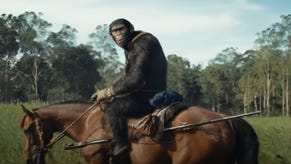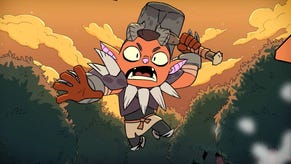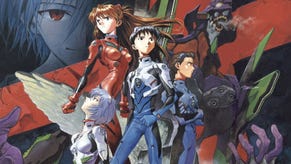Hocking: Annualisation 'significantly diminishes' sequels
Outspoken LucasArts staffer Clint Hocking has strongly criticised the industry trend of annual sequels.
"While it is clear that annualised sequels most definitely reduce the expense of development and amortise the cost of the original game optimally across its sequels, they also have the fastest audience burn-rate, and the highest risk for sudden failure," the Far Cry 2 developer wrote in his latest opinion piece for EDGE.
"In other words, you may sell lots of copies of two or three sequels, but you will bore the audience very quickly and will have likely already spent all your money on the fourth sequel before realising the audience is tired of the game and won’t buy it at all."
The developer said economic pressure can push publishers into annual sequels, to the detriment of all concerned.
"In a model driven by truly annualised sequels, I believe that the value of the good reasons for making those sequels is diminished significantly, and the risks of incentivising problematic approaches to game development are greatly magnified," he said.
Hocking also commented that annual sequels can burn out development teams, while running two discrete teams on the same franchise brings its own problems. While he allowed that there are some good reasons for sequels, and said developers typically battle against the negative aspects of reiteration, but suggested the best sequels evolve markedly from their precursors.
"The evolution from Guitar Hero to Rock Band, for example, seems to me like what we should call a sequel," he said.
"The gameplay, while riffing off of similar themes, and having a similar mood and similar aesthetics is a massive dynamical evolution."
Thanks, IndustryGamers.







.png?width=291&height=164&fit=crop&quality=80&format=jpg&auto=webp)


